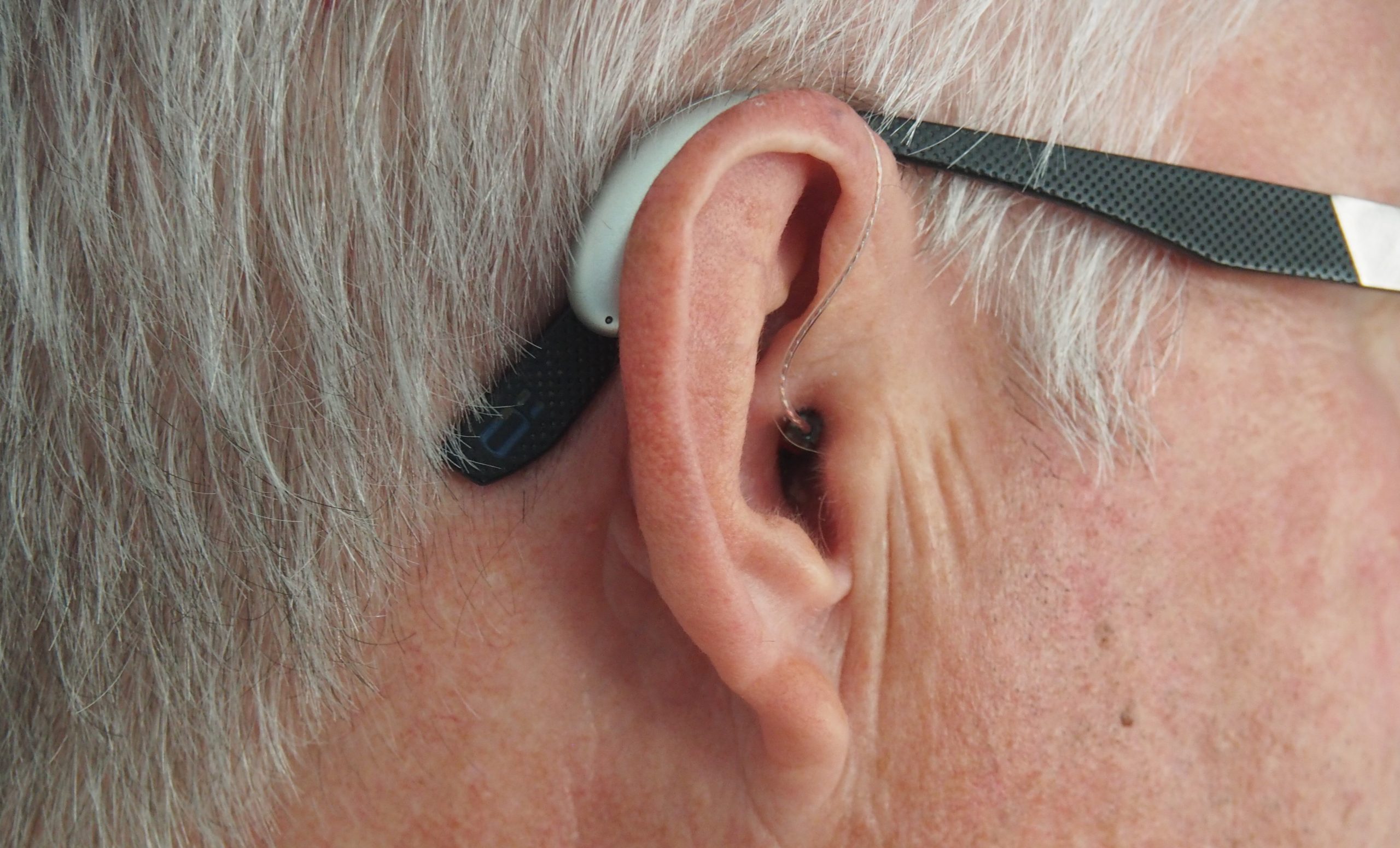Tinnitus affects millions of people around the world, but it is a topic rarely spoken about.
It affects 15 to 20 per cent of people and is most often experienced by people over the age of 60. However, it can affect younger age groups too. The condition is characterised by either intermittent or constant ringing or buzzing in one or both ears that is not caused by an outside source.
Sometimes the cause of tinnitus is not known at all while in some cases, it can be due to brain damage or head injuries, not protecting ears in venues with loud music such as gigs and clubs, or sometimes even from ear infections.
Tinnitus itself is classed as a hidden disability because of the severe impacts it can have on the sufferer.
People with the condition can develop low moods, have poor and even severe mental health, and suffer from hearing loss or hyperacusis, where certain sounds (usually high-pitched sounds) cause severe pain in the ear.
Hyperacusis is more plainly referred to as “intolerance to everyday sounds”.
Funding research
Tinnitus Awareness Week takes place from February 7-13 and aims to raise awareness of the condition and to help boost research and efforts to find a cure.
In 2021, the British Tinnitus Association raised £1.28 million in the year and were able to help 1.7 million people living with tinnitus.
However, while research and technological advancements have allowed tinnitus to become a more manageable condition, there are still no cures.
Tinnitus remains a lifelong disability unless, in the rare case it naturally goes away on its own. There is still a notable lack of funding and research, which is why more research needs to be done.
According to the British Tinnitus Association (BTA), the number of people living with tinnitus is expected to increase by more than half a million in the next decade.
Kingston Hospital runs a support group, which offers KU students who suffer from the condition a chance to meet other people who have tinnitus.
Students can take advantage of the group’s activities to learn coping strategies and gain reassurance, as well as finding support from their partners and families.
Members can enjoy a relaxed and non-judgmental atmosphere where they can share experiences and coping strategies.
For tinnitus help and support call the British Tinnitus Association Helpline on 0800 018 0527 or visit: https://www.tinnitus.org.uk/

